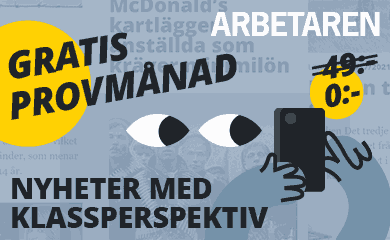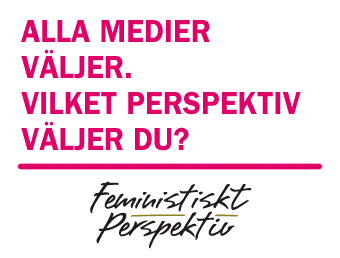Subaltern Consciousness in Asghar Farhadi's The Salesman
Iranian Studies Webinar Series: Cinema "Subaltern Consciousness in Asghar Farhadi's The Salesman" a zoom lecture by Pedram Partovi Associate Professor of History, American University Time: Oct 22, 2021 04:30 PM America/Toronto Zoom Registration: https://uoft.me/IranianStudies Bio: Pedram Partovi, an associate professor of history at American University, is a historian of the medieval and modern Muslim world. His current research focuses on the history of youth movements and their role in creating and disrupting the political order in Iran and the wider Middle East. This project springs from his earlier work on popular Iranian cinema, which in its depictions of male heroism problematized the efforts of state agents to eliminate or coopt in the name of modern “progress” the often informal youth associations that had long organized urban public life. In studying these “reckless” youths on the margins of law and order, he challenges assumptions about the supremacy of the “state” that have characterized much of social scientific writing on the modernization of politics and society in the Middle East. Partovi earned his doctorate with honors from the University of Chicago. He previously held a visiting professor position in the Center for Global Islamic Studies at Lehigh University and taught courses at the University of Michigan, DePaul University, and Columbia College. He is the author of Popular Iranian Cinema before the Revolution: Family and Nation in Filmfarsi (Routledge, 2017). He has also published articles in numerous journals including the Journal of Persianate Studies, Visual Anthropology Review, International Journal of Middle East Studies, Iranian Studies, and Comparative Studies of South Asia, Africa, and the Middle East.
Abstract: Asghar Farhadi stands apart from many Iranian filmmakers as a critical favorite abroad and commercial success at home. His most recent Persian-language title, The Salesman (2016), exemplifies this dual appeal by both winning an Oscar and the title (briefly) of Iran's biggest ever hit. This presentation will argue that Farhadi and his collaborators draw on at least two different cinematic universes in The Salesman to simultaneous address the aesthetic and social values of Western critics and Iranian audiences. In doing so, Farhadi and his characters model a subaltern consciousness, adapted from Gramsci's analysis of "subaltern" social groups’ mediating role between the dominant and dominated, which has characterized especially the newly educated Iranian middle class’s relationship with the hegemonic West since at least World War II. Asghar Farhadi stands apart from many Iranian filmmakers as a critical favorite abroad and commercial success at home. His most recent Persian-language title, The Salesman (2016), exemplifies this dual appeal by both winning an Oscar and the title (briefly) of Iran's biggest ever hit. This presentation will argue that Farhadi and his collaborators draw on at least two different cinematic universes in The Salesman to simultaneously address the aesthetic and social values of Western critics and Iranian audiences. In doing so, Farhadi and his characters model a subaltern consciousness, adapted from Gramsci's analysis of "subaltern" social groups’ mediating role between the dominant and dominated, which has characterized especially the newly educated Iranian middle class’s relationship with the hegemonic West since at least World War II.
När: 22 oktober 2021 22:00 - 22 oktober 2021 00:00
Var: / Digital
Arrangör: Initiative for Iranian Studies






















MEST KOMMENTERAT
SENASTE KOMMENTARERNA
Om Var Grupp 8 en feministisk organisation?
Om #bildskolan 21: Att äta Den Andre
Om #bildskolan 21: Att äta Den Andre
Om Porr handlar om betalda övergrepp
Om Nobels fredspris till kampanj för att avskaffa kärnvapen
Om Feministiskt perspektiv öppnar arkivet och startar på nytt!
Om Rödgrönt ointresse för fred och nedrustning borde oroa många
Om Var inte målet att vi skulle jobba mindre?
Om Feministiskt perspektiv öppnar arkivet och startar på nytt!
Om Feministiskt perspektiv öppnar arkivet och startar på nytt!
MEST LÄST